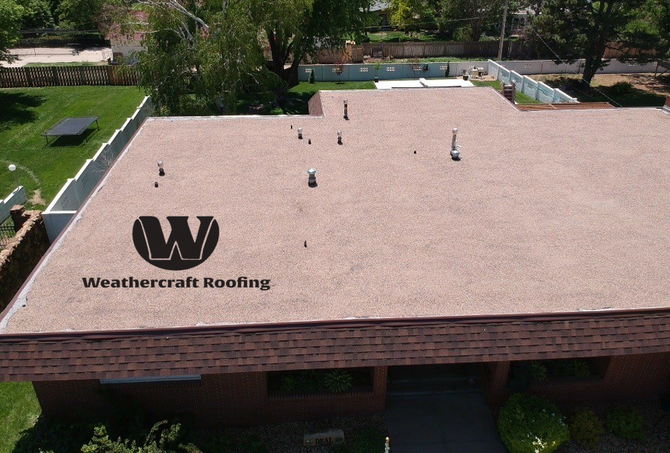Metal roofing is increasingly popular among homeowners and businesses alike, and it’s easy to see why. With remarkable durability and impressive energy savings, it stands as a superior roofing option. Whether you’re constructing a new home or replacing an old roof, understanding the benefits of metal roofing is key. This article explores why metal roofing is the best choice for both durability and energy efficiency.
Why Metal Roofing is the Best Option for Your Home and Business
Metal roofing comes with several advantages for both residential and commercial properties. A major benefit is its durability. Metal roofs endure harsh weather elements like snow, heavy rain, hail, and high winds. Unlike asphalt shingles, which deteriorate over time, metal roofs resist cracking, warping, and corrosion, offering a lasting investment for your property.
Another great benefit is the low maintenance required by metal roofing. It’s built to last for decades—sometimes up to 50 years or longer—and requires fewer repairs than other roofing materials. This longevity makes metal roofs a solid investment, saving you money on long-term maintenance.
Energy Efficiency with Metal Roofing
One of the top benefits of metal roofing is its ability to save on energy costs. By reflecting sunlight, metal roofs help keep buildings cooler, reducing the need for air conditioning. This can result in up to 25% lower cooling costs, especially in hot climates.
In addition, metal roofs offer great insulation. They keep the warmth in during colder months and block heat during the summer, helping regulate indoor temperatures. This reduction in heating and cooling needs leads to long-term savings on energy bills.
Steel vs. Aluminum: Which Metal is Right for Your Roof?
When it comes to metal roofing, two popular options are steel and aluminum. Each material has its unique benefits based on the climate and your specific needs.
The Advantages of Steel Roofing
Steel roofing is a strong, budget-friendly option, ideal for commercial buildings. It withstands harsh weather and resists dents, making it suitable for areas with hail. Keep in mind that steel may rust if not treated, so a protective coating is essential.
Why Choose Aluminum Roofing?
In contrast, aluminum is a lightweight, corrosion-resistant material, ideal for regions with humid or coastal climates. Its reflective properties help keep buildings cooler, and despite being pricier than steel, its long-term durability makes it an excellent investment.
Long-Term Value and Lifespan of Metal Roofs
While the initial cost of metal roofing may be higher than traditional materials like asphalt shingles, the long-term value is unmatched. Metal roofs can last 40-70 years, depending on the material, far outlasting other types of roofing. Over time, the energy savings, low maintenance costs, and the durability of a metal roof will more than make up for the initial investment.
Additionally, metal roofing can add significant value to your property. Prospective buyers often view a metal roof as a sign of a well-maintained and energy-efficient property, making it an attractive feature in real estate transactions.
Final Thoughts on Why Metal Roofing is the Ultimate Choice
Metal roofing provides a wealth of benefits that make it an excellent choice for both residential and commercial properties. From its durability and energy efficiency to its long-term value, metal roofs outperform traditional roofing materials in nearly every way. Whether you choose steel or aluminum, investing in a metal roof will provide peace of mind and cost savings for years to come.
Thinking about installing a metal roof? Contact us today for a consultation, and we'll assist you in choosing the best roofing system to meet your needs!
#MetalRoofing #EnergyEfficientRoofing #DurableRoofing #SteelRoofing #AluminumRoofing #RoofInstallation #RoofingMaterials #LongTermValue
